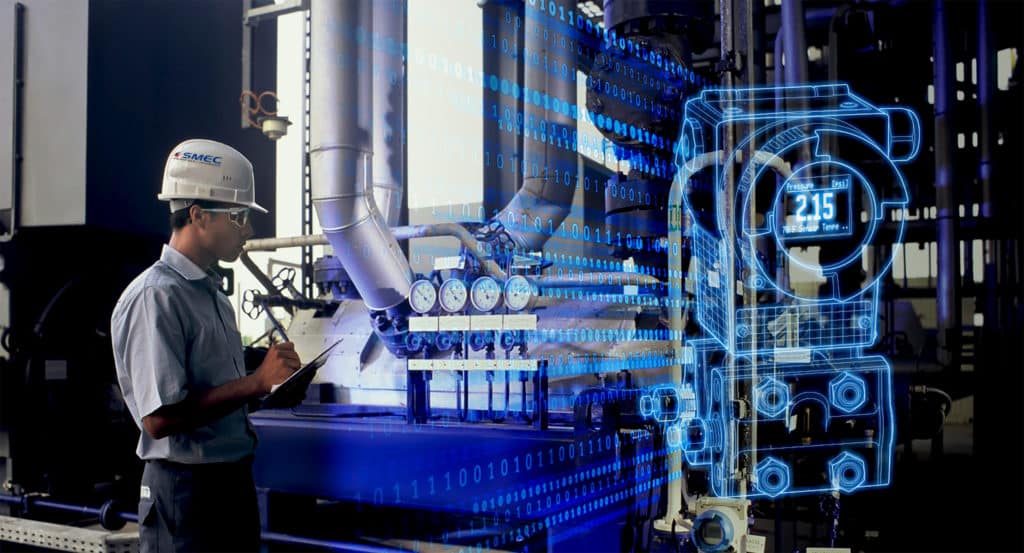Introduction
Communication Protocol: In an industry, there are several devices and these devices would be connected and should be properly communicated to complete a process. All these industrial devices would be connected to a control system and in order to control all these devices communication must be done. The protocol is a technique in which digital communication would be carried out between two devices in an industrial network. There are several devices in an industry and it would be controlled by the control devices by utilizing the protocols. The digital data is transmitted through the protocols due to the fact that it would be safe and reliable. Digital signals would be less affected by electrical noise when compared to analog signals.
In earlier days data was transmitted by utilizing analog signal but now the digital signal is used to do this. The major reason for this is that we can transmit a lot of data digitally when compared to an analog signal and it is also a safe way of communication too. Another advantage of digital communication is that less wiring is required for digital communication. While doing the industrial communication mostly two protocols would be utilized.
What are the major types of protocols utilized for industrial communication?
- Foundation Fieldbus
- MODBUS
- PROFINET
- PROFIBUS
- Ethernet
- HART

How industrial protocols can be used to carry out industrial communication?
MODBUS
In this type of industrial communication client/server communication is utilized. This communication is carried out by transmitting and request and based on the request there would be a response. It utilizes the standard ethernet and it is really simple.
- Master-Slave protocol
- Almost 250 slave connections would be possible
- There won’t be any communication between the slave devices
- There are two modes such as unicast and broadcast mode
Foundation field bus
This is a digital two-way communication between industrial devices, the major advantage of this protocol is that high-speed communication can be easily carried out. Advanced process control can be achieved by utilizing this communication protocol. Foundation Fieldbus is created to replace the industrial 4-20mA. This is also a local area network and it is used to facilitate the communication between the industrial instrument and the manufacturing automation. Another feature of the foundation of Fieldbus is the human interface with this protocol the user can interact with the instrument very easily.
Major features of foundation field device
- Wiring costs would be reduced
- It has an intrinsic safety wiring feature and this would reduce the cost in the hazardous environment
- This protocol is supported by almost eighty percent of the global process instrumentation supplier.
- The same bus can be utilized for analog and discrete device
- In the foundation field bus network, 16 devices can be connected to a two-wire bus
Ethernet/IP
Ethernet is a worldwide accepted communication protocol. This protocol is based on transport protocols TCP/IP and UDP/IP. This communication protocol is supported by many leading manufacturers in order to do effective data communication in the industrial sector. The EtherNet/IP utilizes the internet protocol which is the common industry protocol to the Ethernet for automation applications. So ethernet is mostly suited for the industrial control technology sector.
Profinet
This is an application-level protocol that is used at the industrial automation level. Mostly it would utilize the standard Ethernet hardware and software to achieve this communication. This is a globally accepted communication protocol. The Profinet I/O would enhance the existing Profinet technology for a lot of industrial applications which require quick communication. Mostly it would do the cyclic data transfer in order to do the communication between Plc and other devices. This industrial protocol utilizes the master-slave method. It supports both standard and deterministic Ethernet traffic.
What are the advantages of industrial protocols?
- Safe transmission of data
- Safety of the industrial process can be guaranteed
- Quick transfer of data would be possible
- The industrial process can be carried out smoothly
- Data security can be ensured
- In the manufacturing sector unified communication protocol
- Easy bridging and routing are possible


